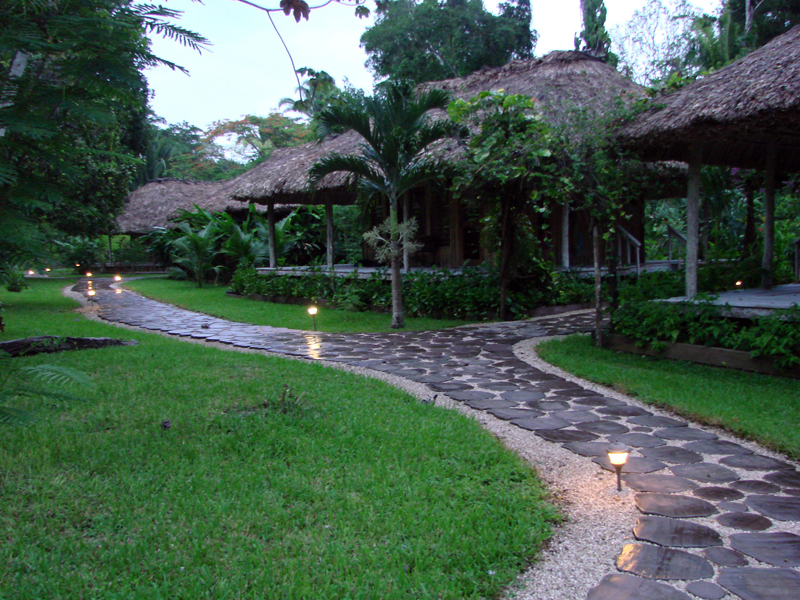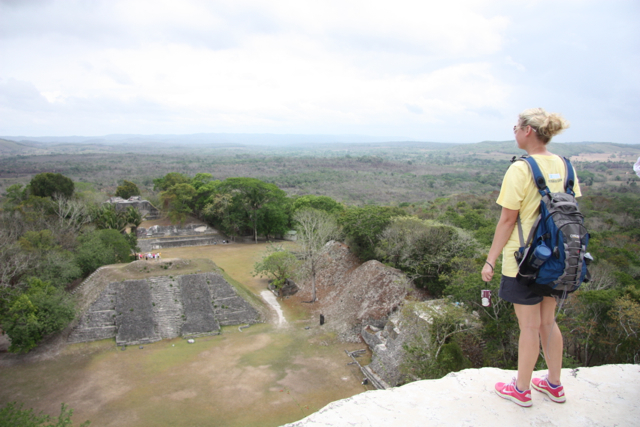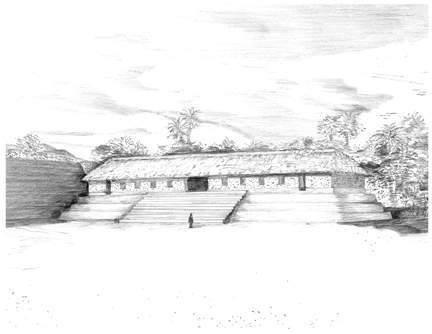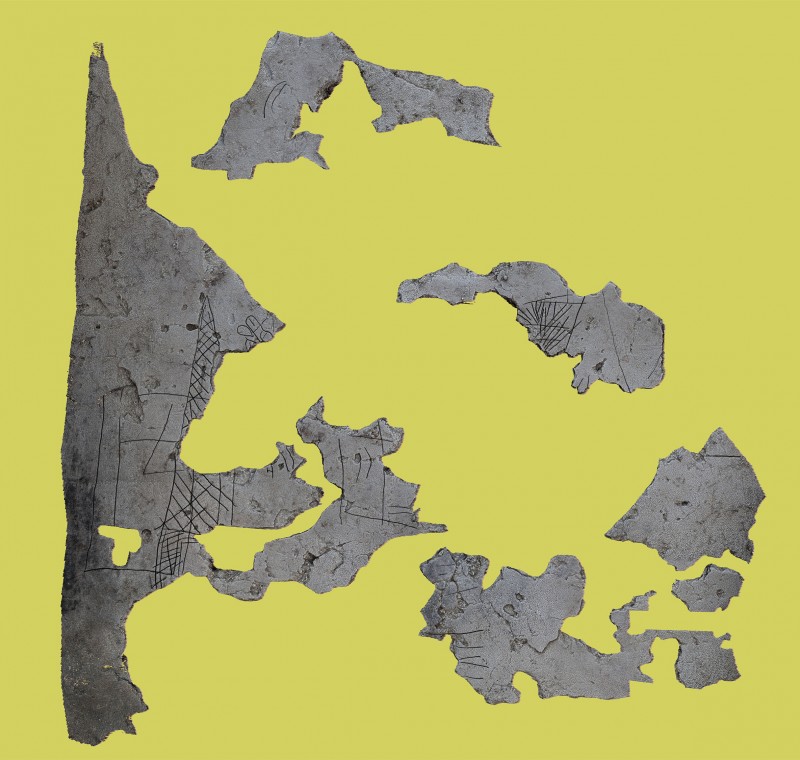Fieldwork
This listing expired on April 14, 2019. Please contact brett.houk@ttu.edu for any updated information.




Location: Chan Chich, BZ
Season: May 23, 2019 to June 20, 2019
Session Dates: May 30–June 27, 2017 (28 nights)
Application Deadline: December 16, 2018
Deadline Type: Exact date
Website: http://www.depts.ttu.edu/sasw/Anthropology/Belize19.php
Program Type:
Field school
RPA Certified:
no
Affiliation:
Texas Tech University
Project Director:
Dr. Brett A. Houk, Texas Tech University
Project Description:
Chan Chich, Belize: “It’s Better Here”
In 2019, the Field School in Maya Archaeology will be held at Chan Chich and Gallon Jug, Belize in association with the Chan Chich Archaeological Project (CCAP) and the Belize Estates Archaeological Survey Team (BEAST). The CCAP represents a truly special opportunity for college students to participate in a significant research project, while receiving instruction in archaeological field and laboratory methods. Students will have the opportunity to learn how to excavate, how to draw profiles and plan maps, how to record archaeological data, and how to process and analyze artifacts in the lab. The field school is limited to 13 students.
About Chan Chich
Chan Chich is tucked away in the jungles of northwestern Belize and is home to Chan Chich Lodge, a beautiful jungle lodge built in the main plaza of the site. Belize is an English speaking country with a stable government. It is easily reached from Texas on flights going through Dallas and Houston.
The archaeological site of Chan Chich is a medium-sized Maya city in northwestern Belize, very near the border with Guatemala. The area was first settled as a small village during the Middle Preclassic period (1000 to 250 BC) and occupied until the Terminal Classic period, ca. AD 850). Most of the visible architecture dates to the Late Classic period (AD 600–850). In the late 1980s, Gallon Jug Ranch was established on 130,000 acres of jungle, including the site of Chan Chich. Chan Chich Lodge was built in the Main Plaza at the site shortly after that. While some may see that as a negative impact to the ruins, the construction of the lodge and the return of legitimate economic activity to the area put an end to the illegal looting that had been going on at Chan Chich and the nearby archaeological sites for several years.
2019 Research Plans
Preliminary plans for the 2019 season call for students to work in the Upper Plaza at Chan Chich and on rural households near the smaller site of Gallon Jug, Belize.
Upper Plaza at Chan Chich: In the Upper Plaza, which is the royal acropolis at the site, we will focus excavations on Structure A-13 on the eastern side of the plaza. The excavations will build off of exciting discoveries made during the 2016 through 2018 seasons. Drs. Brett A. Houk and Tomás Gallareta will supervise the excavations in the Upper Plaza.
Household Archaeology at Gallon Jug: Our second excavation goal will be to investigate residential courtyards near the smaller site of Gallon Jug, which a short 15-minute drive from Chan Chich. We will target a small courtyard and nearby mounds to study domestic craft specialization and domestic architecture. Dr. Claire Novotny will supervise the investigations at Gallon Jug.
Bioarchaeology: Dr. Anna Novotny will be on staff to direct the excavations of any burials we encounter at Chan Chich and/or Gallon Jug. A specialist in Maya bioarchaeology, Dr. Novotny will train students in the proper techniques to excavate and record human burials.
Archaeology is Hard Work!
Archaeology is fun and exciting, but it is also physically challenging work in difficult conditions. Survey involves hiking through the forest, wearing snake guards, and carrying a heavy backpack. Excavations involve lifting heavy objects, as well as using picks and shovels. Everything we do is in a tropical climate with high heat (often over 90 degrees) and high humidity (often over 70 percent). We sometimes have to work in the sun and other times in the rain. There are bugs, snakes, bats, scorpions, and poisonous plants.
Period(s) of Occupation: Late Preclassic period Maya, Late Classic period Maya, Terminal Classic period Maya
Notes:
Household archaeology, dynastic archaeology, monumental architecture.
Project Size: 1-24 participants
Minimum Length of Stay for Volunteers: 28 nights
Minimum Age: 18
Experience Required: 1 year of college and a 2.5 GPA
Room and Board Arrangements:
Students will be housed in the casitas and cabanas at Chan Chich Lodge, a remote jungle resort. More information about the lodge is available on their web site: www.chanchich.com. The lodge has a restaurant, a bar, a swimming pool, wireless internet in the restaurant and bar, 24-hour electricity, and cell phone coverage. There is no TV at the lodge. The program includes three meals per day while at the lodge, and there is a full-service bar. Students will be able to use the swimming pool and walking trails. Other activities, including horseback riding, guided jungle tours, mountain bike riding, canoeing, etc. can be arranged through the lodge, but are not included in the cost of the program. Cost: $2,800 plus $200 Study Abroad Application Fee and ~$40 insurance. Airfare is not included in the program cost.
Academic Credit:
6 credits offered by Texas Tech University. Tuition is $2,000.
Brett A. Houk
Texas Tech University, Box 41012
Lubbock
TX
79409
USA
Phone: 806-834-8107
Fax: 806-742-1088
The AIA is North America's largest and oldest nonprofit organization dedicated to archaeology. The Institute advances awareness, education, fieldwork, preservation, publication, and research of archaeological sites and cultural heritage throughout the world. Your contribution makes a difference.
Notifications